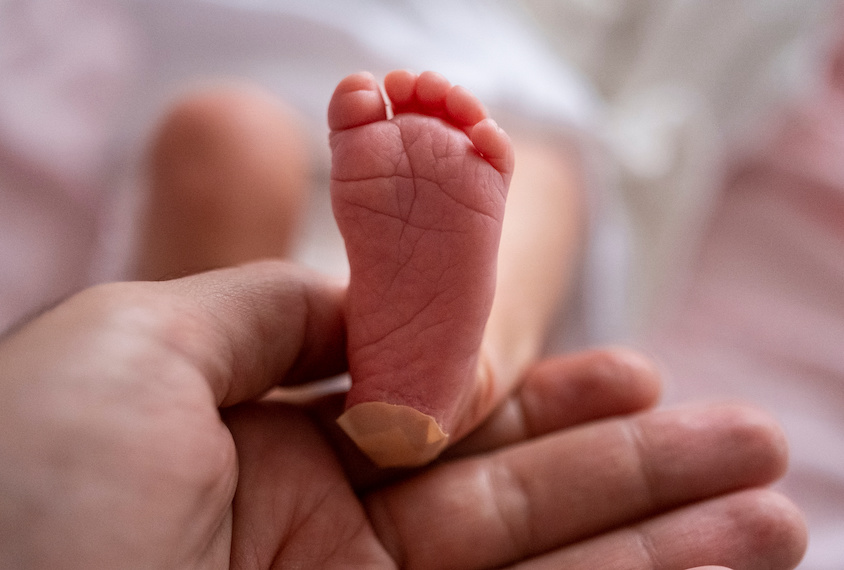Screening
New tablet-based tools to spot autism draw excitement — and questions
Handheld devices promise to bring autism detection home, but many researchers urge caution.

New tablet-based tools to spot autism draw excitement — and questions
Handheld devices promise to bring autism detection home, but many researchers urge caution.
Average autism diagnosis delayed by more than two years
The findings may explain why the average age at diagnosis has plateaued at 4 years old.

Average autism diagnosis delayed by more than two years
The findings may explain why the average age at diagnosis has plateaued at 4 years old.
Dietary changes ease traits in rare autism-linked condition
Early treatment with nutritional supplements and a high-protein diet forestalls some neurodevelopmental problems for children with BCKDK deficiency.

Dietary changes ease traits in rare autism-linked condition
Early treatment with nutritional supplements and a high-protein diet forestalls some neurodevelopmental problems for children with BCKDK deficiency.
Tempering tales of a new autism measure: A conversation with Thomas Frazier
The questionnaire, designed to screen children for autism, isn’t ready for clinical use without further validation, contrary to what some overblown newspaper headlines reported.

Tempering tales of a new autism measure: A conversation with Thomas Frazier
The questionnaire, designed to screen children for autism, isn’t ready for clinical use without further validation, contrary to what some overblown newspaper headlines reported.
DNA unwinder tied to social behaviors in mice, zebrafish
Blocking the enzyme, called TOP2A, in embryos makes the animals less inclined to seek companionship later in life.
DNA unwinder tied to social behaviors in mice, zebrafish
Blocking the enzyme, called TOP2A, in embryos makes the animals less inclined to seek companionship later in life.
Explore more from The Transmitter
New connectomes fly beyond the brain
Researchers are mapping the neurons in Drosophila’s ventral nerve cord, where the central nervous system meets the rest of the body.

New connectomes fly beyond the brain
Researchers are mapping the neurons in Drosophila’s ventral nerve cord, where the central nervous system meets the rest of the body.
Building an autism research registry: Q&A with Tony Charman
A purpose-built database of participants who have shared genomic and behavioral data could give clinical trials a boost, Charman says.

Building an autism research registry: Q&A with Tony Charman
A purpose-built database of participants who have shared genomic and behavioral data could give clinical trials a boost, Charman says.
Cerebellar circuit may convert expected pain relief into real thing
The newly identified circuit taps into the brain’s opioid system to provide a top-down form of pain relief.

Cerebellar circuit may convert expected pain relief into real thing
The newly identified circuit taps into the brain’s opioid system to provide a top-down form of pain relief.